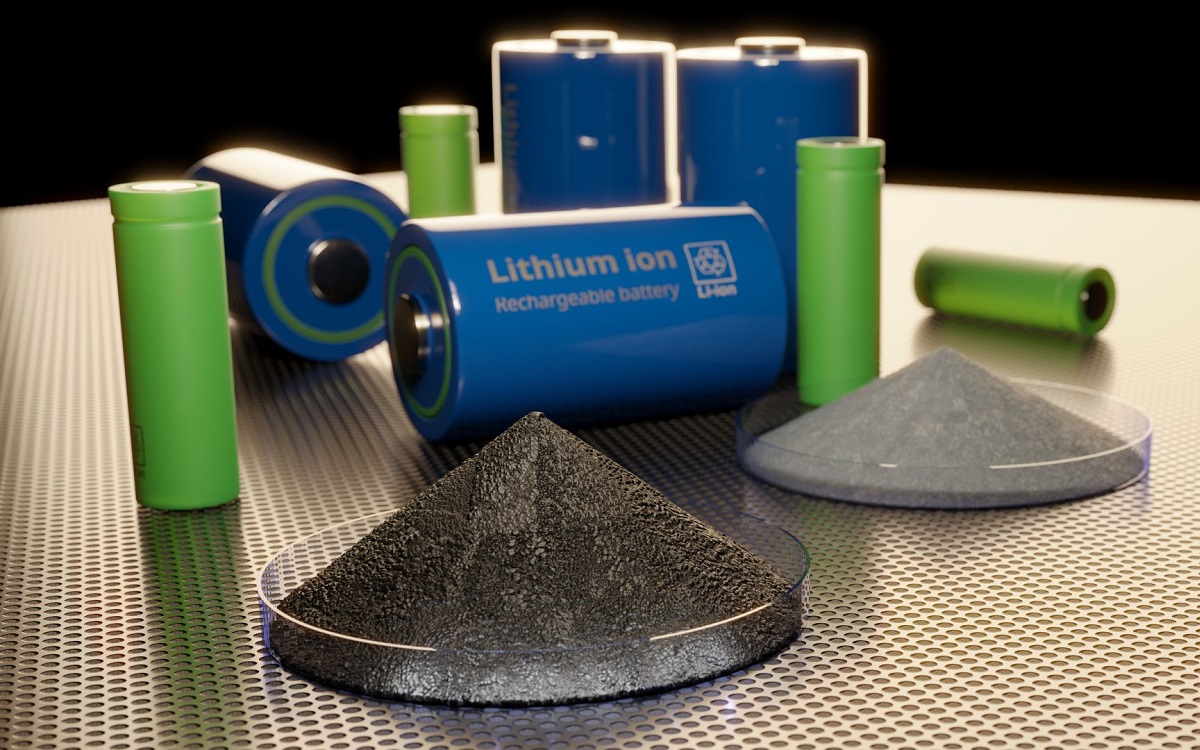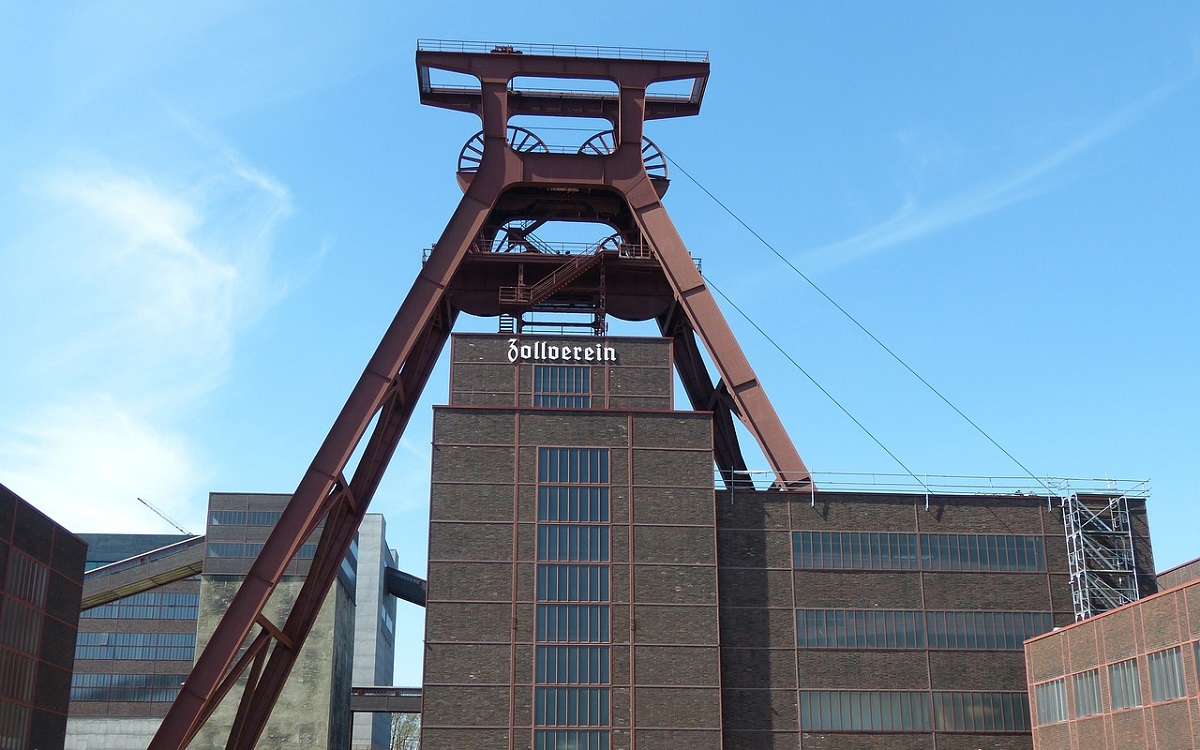A new project at the University of Surrey aims to capture carbon dioxide (CO2) directly from the air and use dynamic catalysis to create methanol – a valuable chemical that, made this way, could be carbon-negative. Its value could offset the cost of direct air capture.The project has been awarded £250,000 by the Engineering and Physical Sciences Research Council through the Adventurous Energy Research for a Sustainable Net-Zero scheme.
A significant advance: dynamic catalysis
Dr. Melis Duyar, project lead from the University of Surrey, said: “Synthesising methanol would constitute a significant advancement, coupling a presently expensive but necessary method of CO2 capture from the air, with the production of a substance that can bring some revenue to offset costs and further incentivise the scaling up of direct air capture. The main challenge for our project will be reconciling the fact that commercial methanol synthesis takes place at high pressures (50-100 bar) and moderate temperatures (200-300 °C), while direct air capture is typically carried out in ambient conditions. We want to show that it is possible to produce methanol in mild conditions through dynamic catalysis.”
Creating a ‘just in time’ process
According to Duyar, pulling chemical building blocks directly out of the air can create a ‘just in time’ process that will help finally say goodbye to safety hazards such as storing large quantities of chemicals. Importantly, this process could boost the economy by spurring carbon-negative growth, as well as provide fuel security for the UK. In 2020, the UK imported £145 million worth of methanol which amounts to 0.6-1.6 megatonnes of CO2, compared to 326 megatonnes of total CO2 emitted by the UK that year. In addition, one of the biggest advantages to direct air capture technology is that it does not rely on extensive land and water use, unlike alternatives such as biomass.
An important innovation gap
The International Energy Agency has identified direct air capture and storage as one of the three biggest opportunities to achieve Net Zero and methanol production using hydrogen and CO2 as an important innovation gap. If successful, the Surrey team will extend their project to show it is possible to synthesise other chemicals with a negative carbon footprint, such as sustainable fertiliser.
For more information click here.





